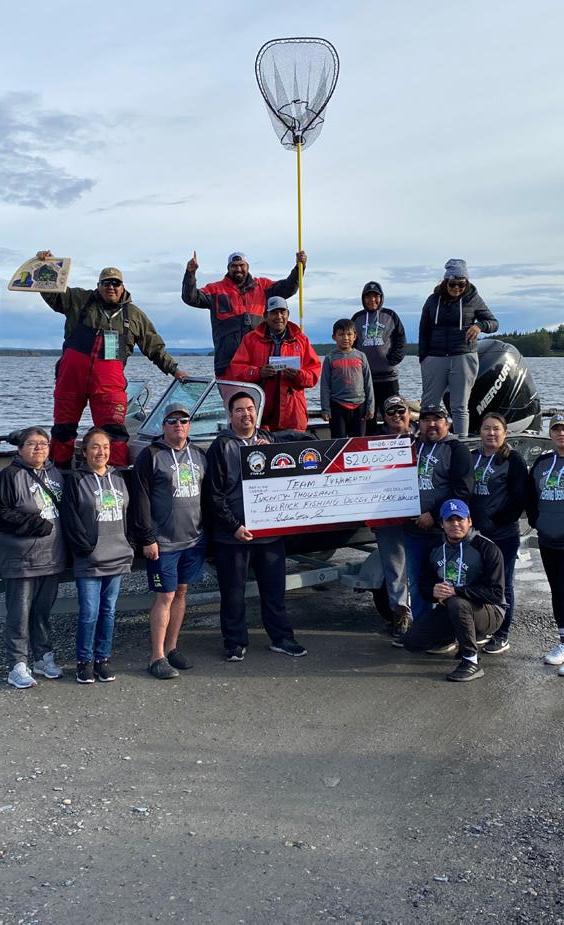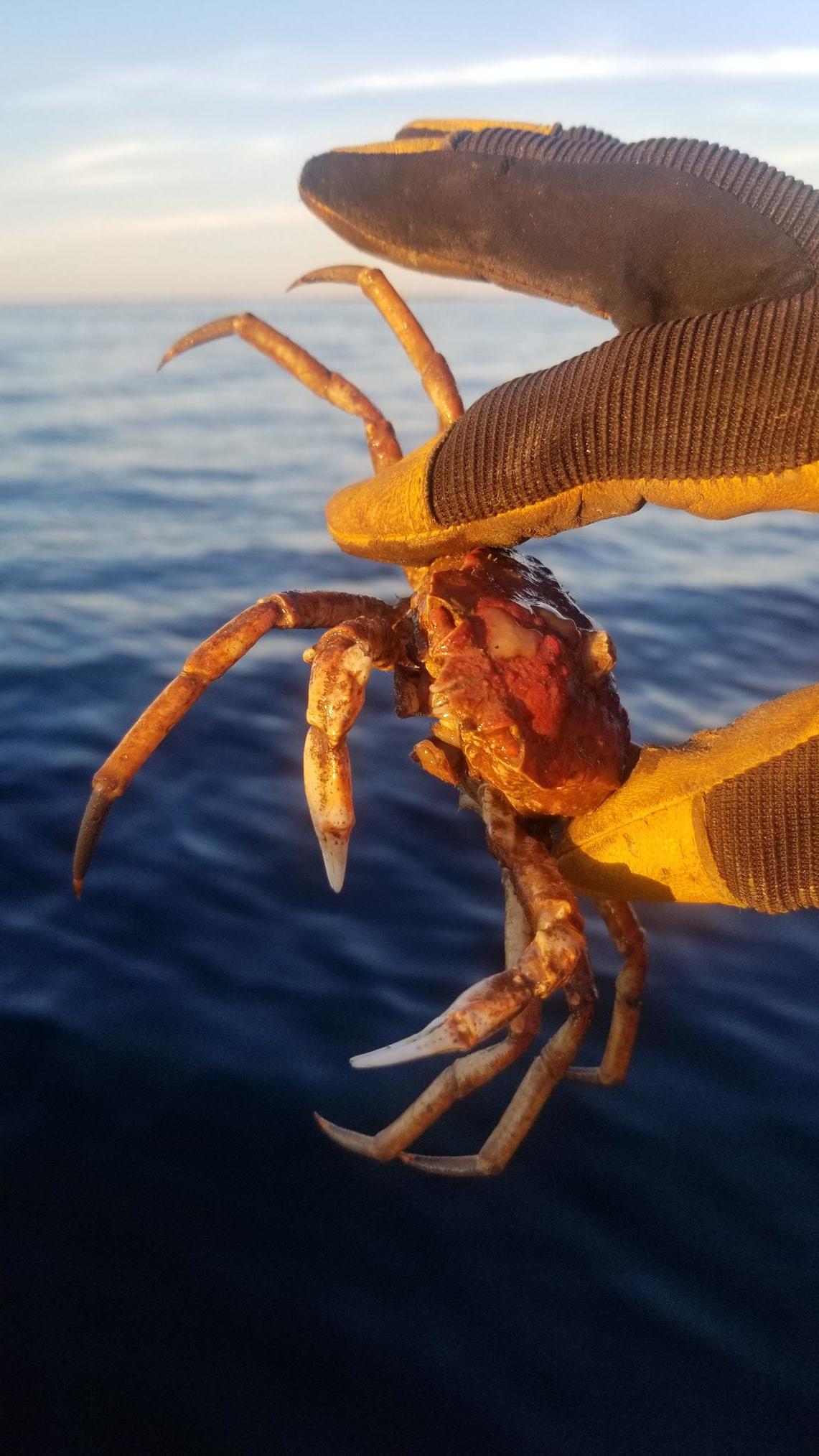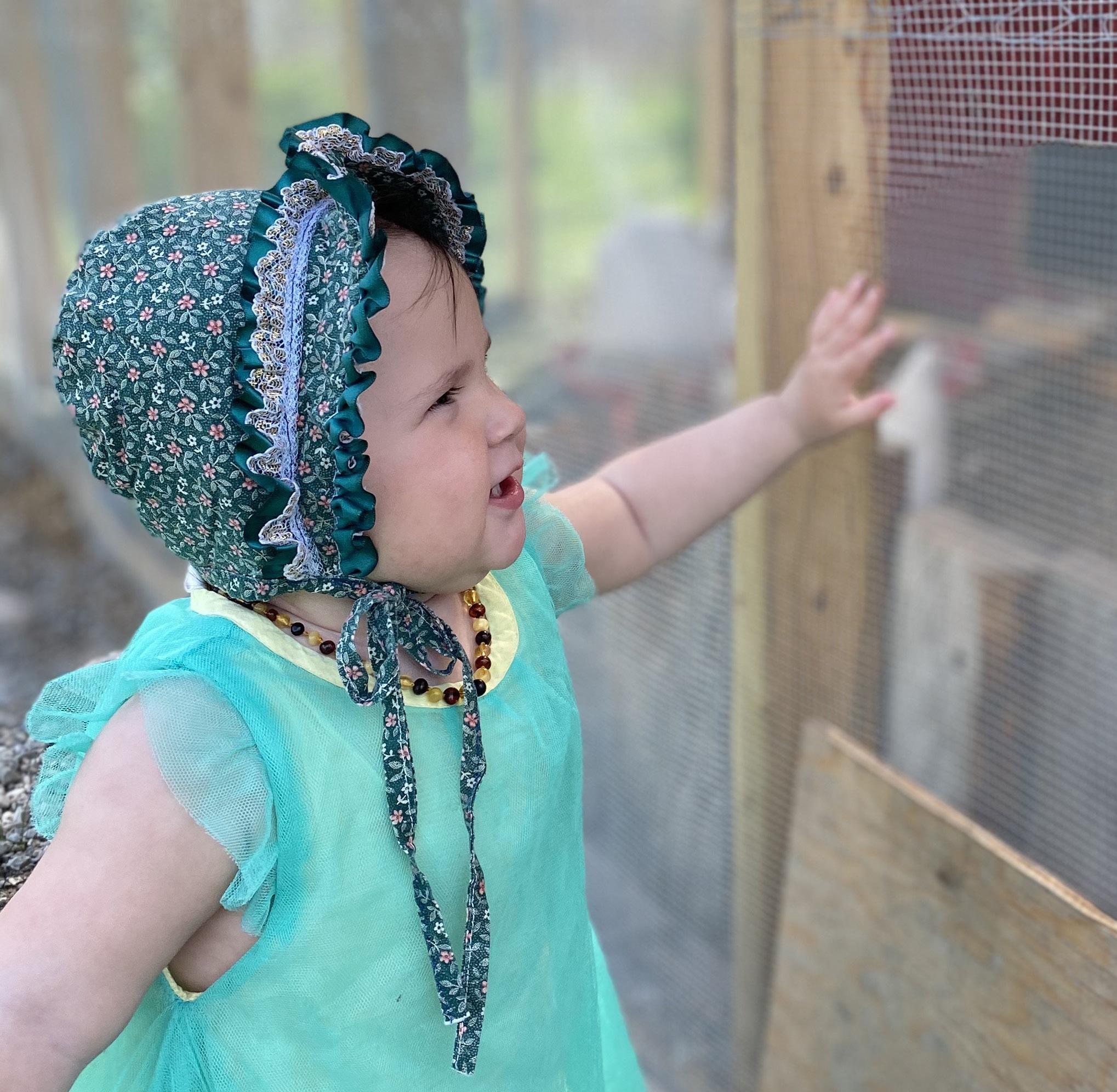
3 minute read
IN BRIEF
Barriere Lake re-enforces moose moratorium
For the second year in a row, the Algonquins of Barriere Lake are imposing their own moratorium on moose hunting in the La Vérendrye Wildlife Reserve.
Advertisement
Barriere Lake has for years sounded the alarm over the dwindling moose population in the reserve located on their traditional territory – and called for a complete halt to the sports hunt.
Since September 14, the start of this year’s sports hunt, community members are turning hunters away at four checkpoints set up just off Highway 117.
“It’s not a position that we look forward to taking but it is something that has to be dealt with,” Barriere Lake band councillor Charles Ratt told the CBC.
While Quebec’s Ministry of Forests, Wildlife and Parks has conducted an aerial moose survey, their results showed only a “slightly lower” population density, which it didn’t classify as critical.
The Société des établissements de plein air du Québec, which manages the wildlife reserve, did reduce permitting for the sports hunt by 30% and reduced the number of female moose allowed to be harvested from 200 to 100.
However, for Barriere Lake, the limits don’t go far enough. The Algonquin rely heavily on the moose herd in the park as a food source as the closest grocery store is a 90-minute drive. The disappearing moose herd also impacts cultural traditions.
“With a low moose count, it’s been very difficult for people to be able to be successful at passing on those teachings and knowledge to the younger generation,” said Ratt.
In a September 11 statement, the ministry said it is “sensitive to the concerns… and intends to continue the dialogue with Indigenous communities.”
CBC North to hire Indigenous boss
After the current head of CBC North, Janice Stein, announced that she would soon retire September 25. The CBC pledged to replace her with an Indigenous person.
“It’s been 37 years [with CBC],” said Stein, who’s held the position since 2011. “I celebrated my 71st birthday a month ago – it’s time.”
Once she leaves, the make-up of CBC North will also shift. It will no longer include Saskatchewan and Manitoba as a “super-region”. The
position will also be changed from managing director of CBC North to senior managing director.
John Bertrand, senior managing director of the CBC’s prairie and northern region, said that the new position would likely be based in Yellowknife and would be filled shortly after Stein’s departure.
Pauktuutit calls for Inuit women’s shelters
While Prime Minster Justin Trudeau’s government pledged over $85 million back in May to build and operate 12 new shelters for Indigenous women, the lack of commitment for Inuit-specific women’s shelters has Pauktuutit, the national non-prof-
it organization representing Inuit women in Canada, worried that their clientele will be left behind. Pauktuutit issued a press release September 14 calling on Trudeau and Minister of Crown-Indigenous Affairs Carolyn Bennett to “include immediate tangible support” for Inuit women. “Indigenous women cannot be lumped into one category,” explained Pauktuutit President Rebecca Kudloo. “While we are always supportive of policies and funding that enhance our Indigenous sisters’ well-being, we Inuit can no longer afford to be left behind, which has all too often been the case.” They want the government to allocate $20 million to construct five shelters and transitional for Inuit women and children, including four in Inuit Nunangat and one in Ottawa. “Pauktuutit’s shelter ask has been longstanding and the need remains urgent,” said Kudloo, noting the Missing and Murdered Indigenous Women and Girls report called for the same initiative. “Unfortunately, these critical safe spaces are still not in place to this day, nor have we received even a commitment to fund their construction at any point in the foreseeable future. We know maintaining the status quo will continue to cost lives.” www.nationnews.ca September 25, 2020










